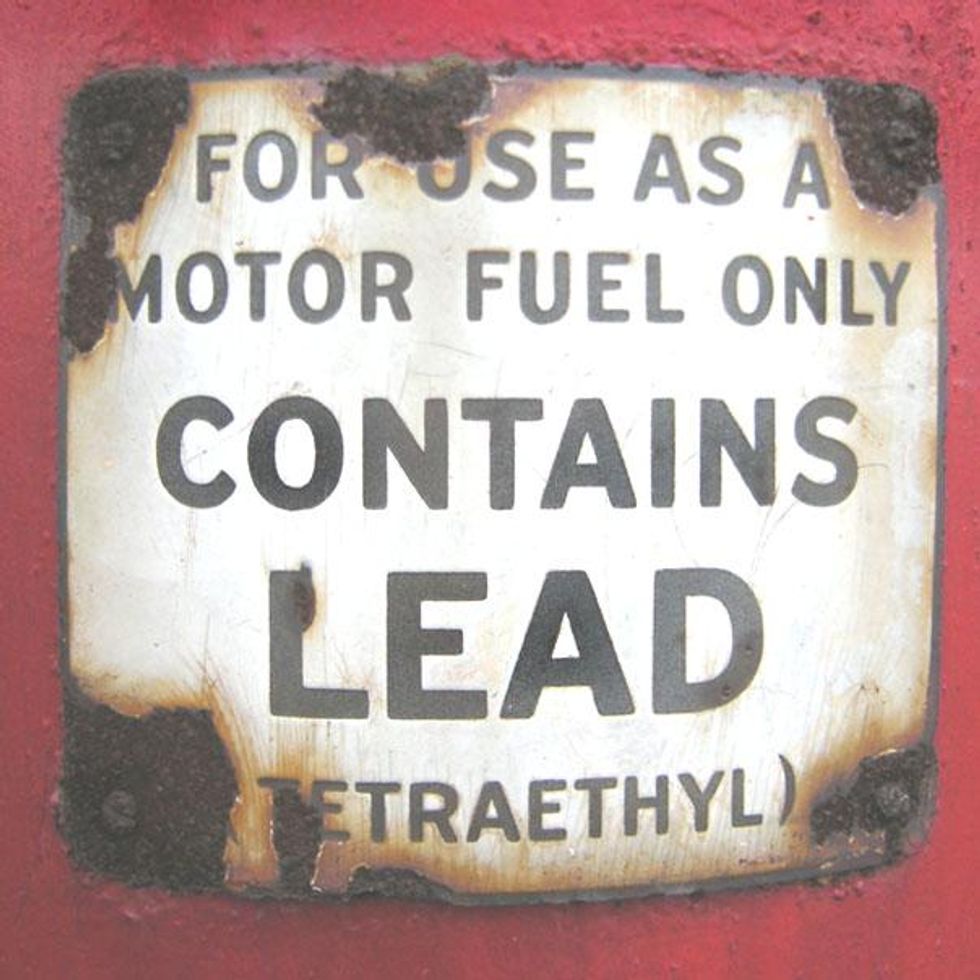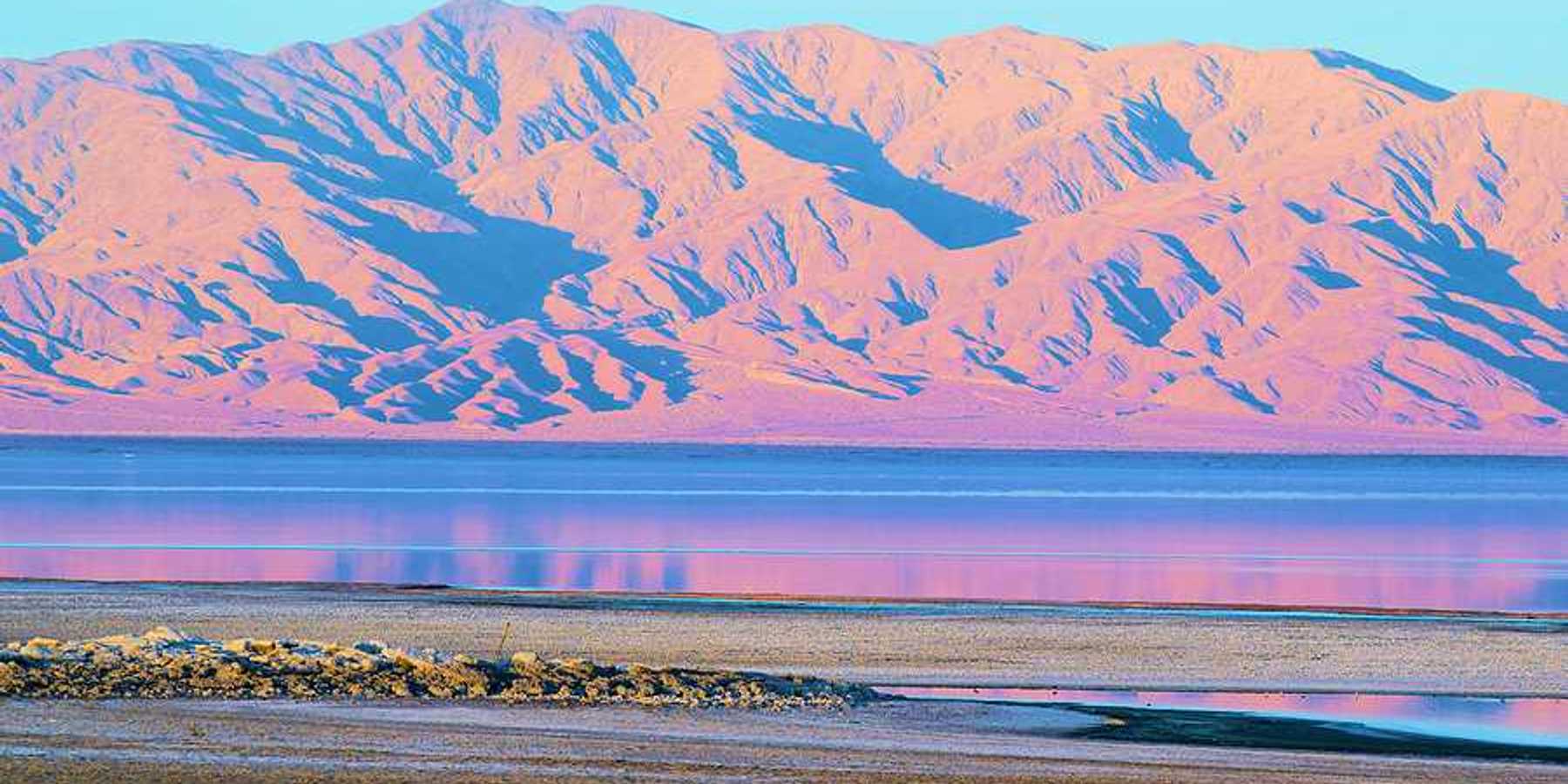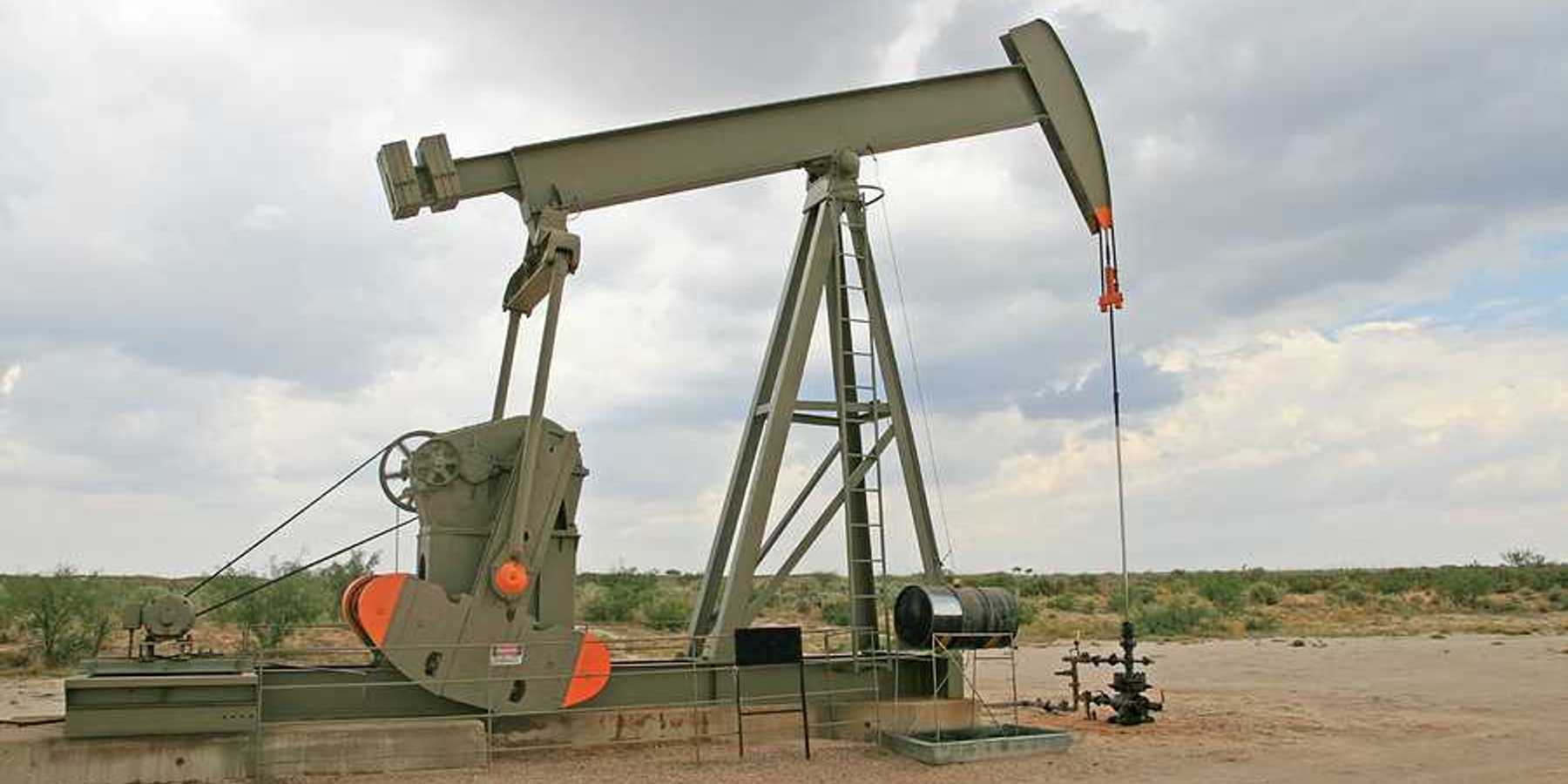
Peter Dykstra: Ready for a little good environmental news?
Keystone XL opponents notch a win – and other rare (and not-so-rare) cases of never-ending futility ending with a rainbow.
The Arctic ice pack and Amazon rainforest are disappearing; but wait!! The Sahara, the Pacific Garbage Patch, and the Gulf of Mexico dead zone are growing.
Some of the toxic chemicals in our bodies can skip a generation and impact our grandchildren. The world's most wildly popular home pesticide of all time, glyphosate, may be nowhere near as safe as its makers claim.
Rhinos. Tigers. Poachers. Deniers But let's save all that for now and focus on some of the literally millions of ways that we – and nature – are battling back.
Marine protected areas
 www.flickr.com
www.flickr.comDocumentarian Ken Burns called national parks "America's Best Idea." So creation of marine protected areas by the U.S., U.K., New Zealand, Australia and others just might be the Best Idea of the 21st Century.
MPA's vary widely in size and level of protection. Some ban all commercial activity, some restrict only the most intrusive. The website protectedplanet.net estimates that over 7% of the world's salt water is under some level of protection.
Tech to the rescue
Palau's sprawling mid-Pacific archipelago is home to a Texas-sized MPA. Satellites now patrol the area for illegal fishing across the vast sea.
Sky-eyes also watch for illegal logging in forests and water theft on megafarms and ranches; drones help keep an eye on polluted sites; mobile monitors sleuth methane releases from refineries and fracking sites, and methane leaks from aging urban sewer and energy systems.
Clean air and water
 Photo by Corwin Thiessen on Unsplash
Photo by Corwin Thiessen on UnsplashWhen the U.S. Clean Air and Clean Water Acts passed in the early 1970's, they did so against a backdrop of blackened skies and flaming rivers. No more. And fetid, raw sewage-gorged rivers became a relative rarity.
When scientists revealed a new threat in acid rain, a stronger Clean Air Act helped neutralize that major threat to our forests.
Success on solar, oil, whaling
Whaling is very nearly ended, as have most existential threats to whales and dolphin species.
After decades of false starts, wind and solar are pulling market share, and giving clean energy nightmares to the world's traditional energy powers.
As for activists, every once in a while, what may seem like a deathscape of never-ending futility occasionally produces a rainbow. We saw joy aplenty (here and here, e.g) from those who faced hardship and arrest to stop the Keystone XL pipeline when, last week, the Keystone XL pipeline stopped.
Science travesty & success

When 20th Century science gave us miracle products like tetraethyl lead to improve car engines; chlorofluorocarbons to chill our homes and our food; and DDT to clear Pacific jungle battlefields of malaria-bearing mosquitos, scientists became rock stars. Then we learned the lead was harming kids' brains, CFC's were destroying the stratospheric ozone layer and DDT was causing bird species to drop like flies.
We, for the most part, took care of those three. Leaded fuel is now outlawed worldwide, with few exceptions. The 1986 Montreal Protocol brought a worldwide ban on CFC's and other ozone depleters. And a 1972 ban on DDT in the U.S. gave new life to bird species we were fully prepared to write to write off, from brown pelicans to ruby-throated hummingbirds and even the national symbol, the bald eagle.
Hope amid hopelessness
The Endangered Species Act in the U. S., parallel laws elsewhere and global pacts like the Convention on Trade in Endangered Species (CITES) provide a far-from-perfect defense.
But they're a good guarantee that we'll have gators and grizzlies in our future. And hope, even when it seems a little hopeless.
Peter Dykstra is our weekend editor and columnist and can be reached at pdykstra@ehn.org or @pdykstra.
His views do not necessarily represent those of Environmental Health News, The Daily Climate, or publisher, Environmental Health Sciences.
Top photo of a 2017 protest against Dakota Access and Keystone XL Pipelines courtesy Pax Ahimsa Gethen/Wikimedia Commons













